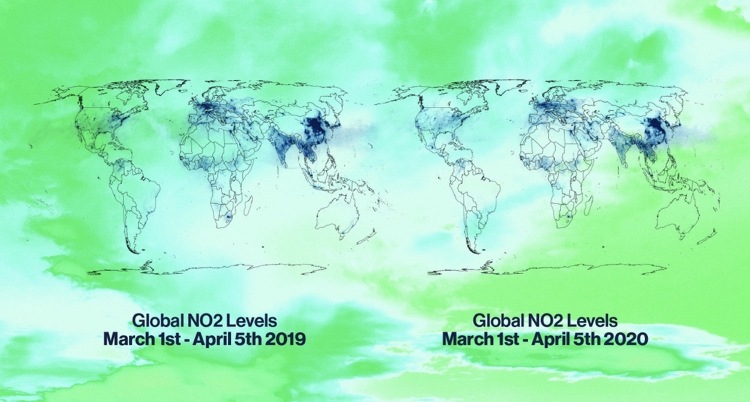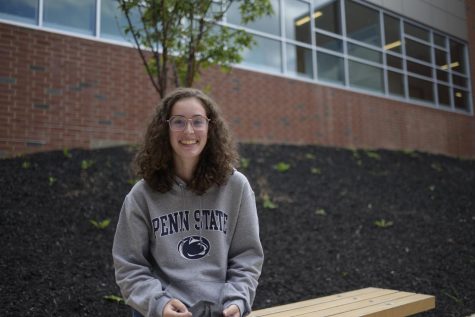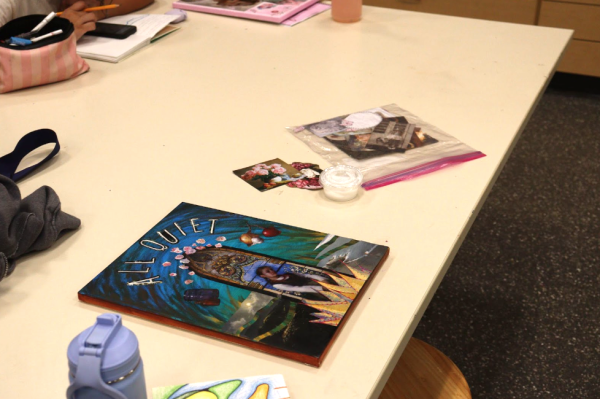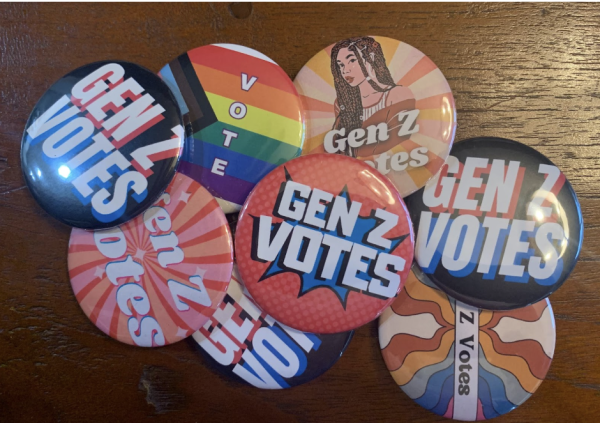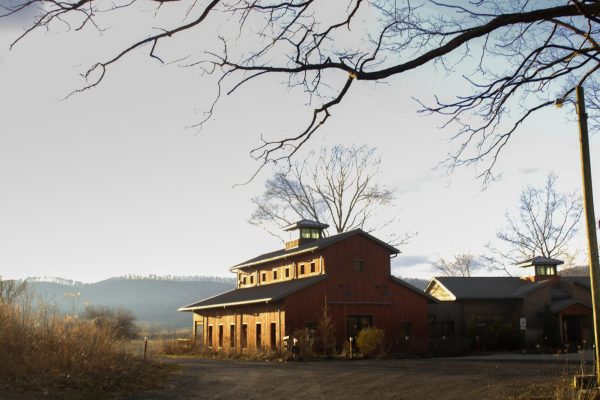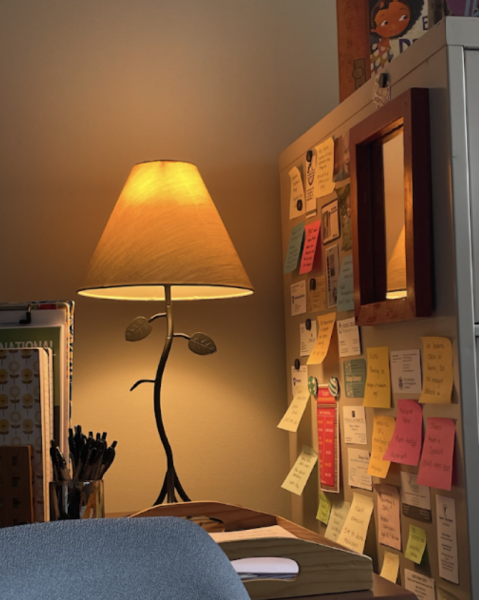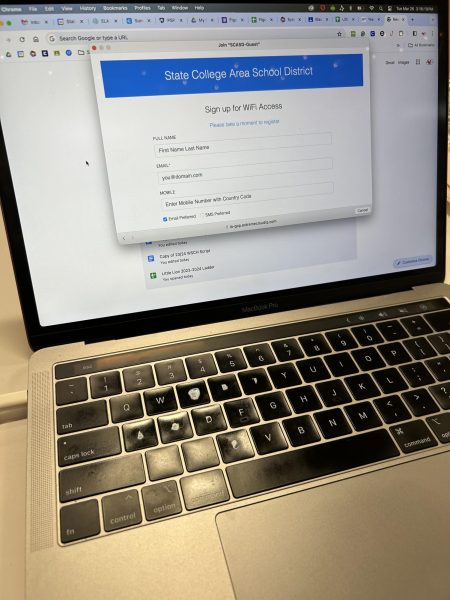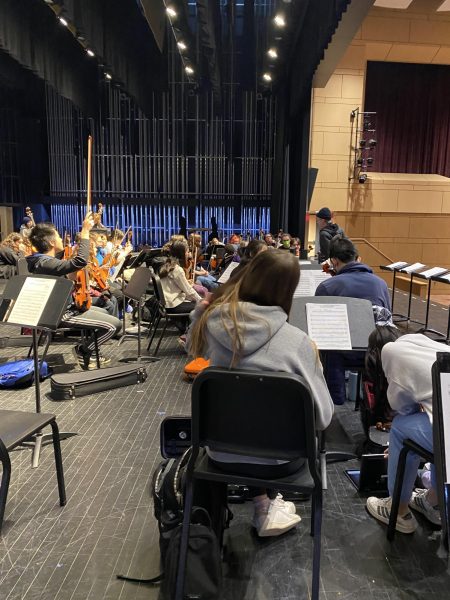Mother Nature Fixing What Humans Broke
With factories that impact carbon emissions being shut down due to the pandemic, the carbon emissions in our atmosphere are starting to decrease. “Global carbon emissions were expected to rise this year, but instead might fall by around 5%,” the Global Carbon Project said.
April 30, 2020
The coronavirus is keeping the majority of the human population indoors until further notice. With the lack of people interacting with the environment, the environment seems to be fixing the problems that humanity has caused. Could human isolation allow the environment to come out of its own?
I say yes. Over the past few years, governments around the world have been trying to pass bills to limit the carbon emissions coming from different industries across the world. With the coronavirus limiting businesses’ ability to work (oil companies and textile factories for example), carbon emissions from these companies have been stopped completely.
“Global carbon emissions were expected to rise this year, but instead might fall by around 5%,” the Global Carbon Project said.
The companies that are the main problem for carbon emissions in the world are closed in most countries until further notice. With decreasing carbon emissions, a domino effect can occur. Decreasing amounts of carbon emissions lead to less greenhouse gases, followed by slight cooler temperatures around the world.
With the lack of companies creating pollution, lakes and rivers in different countries are starting to be clear of pollution. One of the first rivers that were cleared of pollution were the rivers in Venice. Animals were able to come back to these rivers and start to regrow that environment back to what it once was.
More animals are starting to inhabit places that are normally roamed by people: lions in South Africa, and new fish and ducks in Venice, just to name a few. With the lack of people interacting with the environment, animals are able to come back to their habitat that was invaded by people
There is a fear that even though pollution and carbon emissions are lower now, a spike of both could occur when companies are able to reopen. This could be due to governments wanting to get back to normal and pushing for more items to be made in these factories to allow the economy to bounce back after this pandemic.
Recycling is a big part of trying to stop the growing amount of pollution in our world, but most of the countries are not viewing recycling plants as essential businesses causing some places to stop recycling as a whole.
With a hypothetical push to move these factories as fast as possible when reopened and the lack of recycling going on in the world, this slight environmental improvement could have been for nothing.
With this lockdown halting the growth of most things, technology is growing more rapidly than it was before the pandemic. These new technologies are mostly for the healthcare industries around the world. If we as people can improve technology to better help the people in our world, what is stopping us from using that same mindset to help the world we live in?
Pollution will come back, it is inevitable, but the amount that comes back is up to us. Same goes for the amount of carbon emissions being allowed in our atmosphere. When this pandemic is over, it is our job, as the controllers of our world, to keep the environment as safe as possible while it tries to fix what humanity broke.

